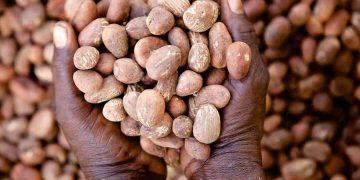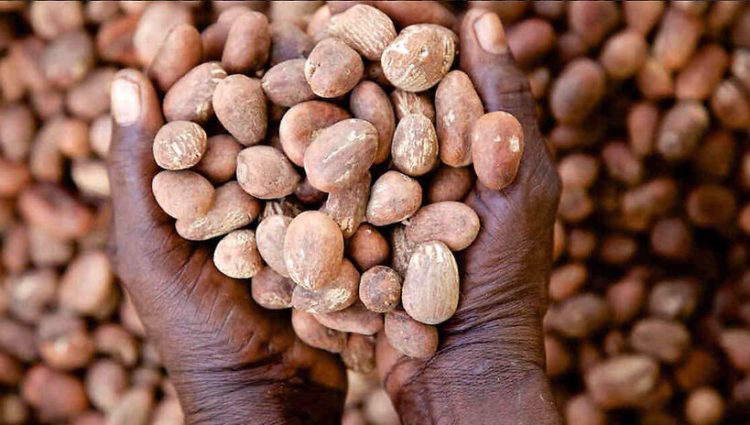The Centre for the Promotion of Private Enterprise (CPPE) says the Federal Government’s sudden six-month ban on raw shea nut exports has triggered a sharp market decline of over 30% and disrupted Nigeria’s shea value chain.
The policy, introduced to promote local processing and industrial growth, has caused immediate hardship for farmers, aggregators, exporters, and logistics providers.
Dr. Muda Yusuf, CEO of CPPE, raised concerns in a recent policy brief, urging government to adopt a phased and consultative approach to limit the damage to rural incomes and investor confidence.
Since President Bola Tinubu approved the ban last month, shea nut prices have fallen significantly, leaving many rural producers unable to cover costs. Aggregators, who connect farmers with exporters, are facing stockpiles of unsold produce and possible loan defaults.
Exporters have also been hit, with existing contracts now at risk of default, exposing them to litigation and damaging Nigeria’s international trade reputation. Many exporters, reliant on bank financing, are struggling to meet repayment obligations due to the blocked export pipeline.
The CPPE noted that Nigeria’s non-oil export sector generated over $3 billion in the first quarter of 2025, but sudden policy changes such as the shea ban threaten investor confidence and sector stability. Thousands of jobs across cultivation, logistics, and trade are also at risk.
To minimize further damage, CPPE recommended a phased transition with clear timelines, structural reforms to improve processing competitiveness, fair pricing to protect farmers, and consistent stakeholder engagement for transparent policy development.
Dr. Yusuf emphasized that while local value addition is important, it must not penalize primary producers. A phased and inclusive approach, he said, will safeguard rural livelihoods, sustain export growth, and build competitiveness in the processing sector.
The Federal Government had said the six-month ban, approved in August, was intended to curb informal trade, boost domestic processing, and strengthen Nigeria’s shea industry, with a target of generating $300 million annually in the short term.
































